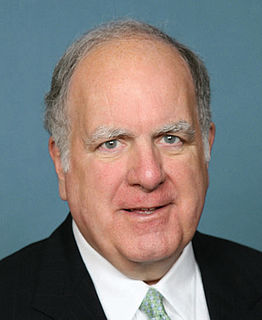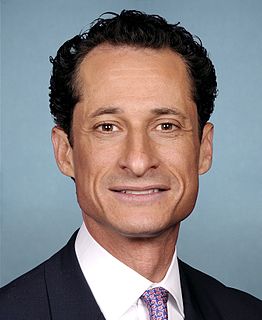A Quote by John Delaney
Using static scoring, tax cuts are broadly assumed to 'cost' a raw amount of reduced revenue. With dynamic scoring, the new revenue likely to flow from increased economic activity produced by a tax cut is considered, improving the accuracy of the projection.
Related Quotes
The Joint Committee on Taxation estimated that in 2016, the corporate income tax raised $300 billion in revenue, while what it called 'targeted subsidies' cost about $270 billion. In other words, Congress could eliminate the subsidies and cut the corporate rate nearly in half without any significant loss in revenue.
All my adult life, I have lived with Labour lies about tax cuts. Their cry is always the same. Tax cuts are impossible in a civilised society. They mean less revenue for the state, which means sacked teachers, unemployed doctors, fewer nurses. I am amazed anyone still takes such arrant twaddle seriously.
Regarding the Economy & Taxation: America's most successful achievers do pay a higher share of the total tax burden. The top one percent income earners paid 18 percent of the total tax burden in 1981, and paid 25 percent in 1991. The bottom 50 percent of income earners paid only 8 percent of the total tax burden, and paid only 5 percent in 1991. History shows that tax cuts have always resulted in improved economic growth producing more tax revenue in the treasury.
You are smart people. You know that the tax cuts have not fueled record revenues. You know what it takes to establish causality. You know that the first order effect of cutting taxes is to lower tax revenues. We all agree that the ultimate reduction in tax revenues can be less than this first order effect, because lower tax rates encourage greater economic activity and thus expand the tax base. No thoughtful person believes that this possible offset more than compensated for the first effect for these tax cuts. Not a single one.
The Value-Added Tax, a sales tax that applies at every level of business transactions, is an easy tax for governments to collect, and a hard tax to evade. So it makes the job of raising revenue easier. The revenues from the VAT can then be used to lower taxes on income and saving and investment. The Value-Added tax doesn't penalize work or saving; it's a tax on buying stuff.
All those predictions about how much economic growth will be created by this, all of those new jobs, would be created by the things we wanted - the extension of unemployment insurance and middle class tax cuts. An estate tax for millionaires adds exactly zero jobs. A tax cut for billionaires - virtually none.
Both ground- rents and the ordinary rent of land are a species of revenue which the owner, in many cases, enjoys without any care or attention of his own. The annual produce of the land and labour of the society, the real wealth and revenue of the great body of the people, might be the same after such a tax as before. Ground-rents, and the ordinary rent of land are, therefore, perhaps the species of revenue which can best bear to have a peculiar tax imposed upon them.
































